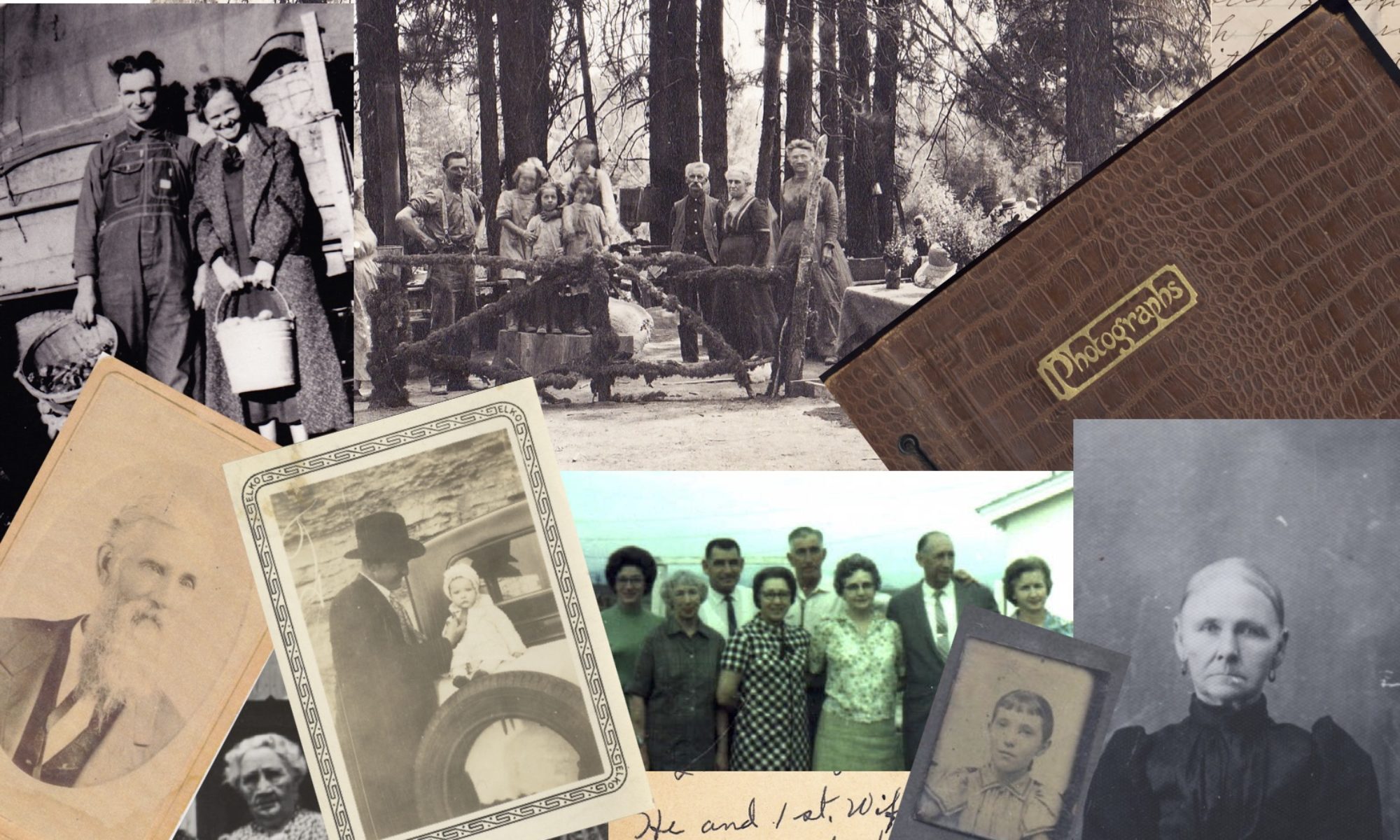“The reality is that most of our ancestors were nobodies. Most of them died without fame or fortune, most of the people in the past could not read or write and they didn’t leave all those wonderful records that historians can find for the elite. And yet, their lives have merit. They have more ability in my view to teach us about the past than we will learn from the lives of the rich and famous.”
Elizabeth Shown Mills, 13 June 2022, Coddington Award of Merit, New England Historical and Genealogical Society Lecture
On June 13, 2022, Elizabeth Shown Mills received the Coddington Award of Merit from the New England Historical and Genealogical Society. The award “recognizes the highest standard of excellence in American genealogical scholarship and lifetime achievement in the field.”
Mills’ lecture addressed the value genealogical research holds for society. Lessons we learn from every life provide insight into history. Elizabeth Shown Mills goes beyond sharing genealogy and history through scholarly work. She also wrote a historical novel based on the history she discovered.
A novel by eminent western author Wallace Stegner reminds me of my paternal family’s history. In Big Rock Candy Mountain, described as a semi-autobiographical account of the author’s life, Stegner recounts the Mason’s family boom and bust relocations throughout the west. Stegner’s story parallels the lives of my grandparents, Edna (Workman) Davis and Walt Davis, although our family’s story has a happier ending. My grandmother taught me more about the Great Depression than a history book ever could. Her memoirs describe her marriage to my grandfather in 1931 and the farms and businesses my grandfather and grandmother started and failed at before they finally found financial security in the crop-dusting business. Their story of following a dream, hopes being dashed, and moving again is the real story of the middle of the last century.
I share my family’s history through their profiles on WikiTree. It’s one way I can contribute to history, one person at a time, preserving the past.
